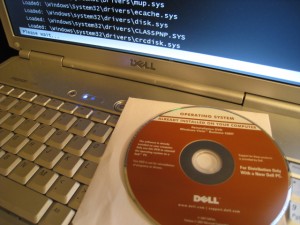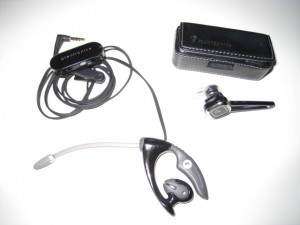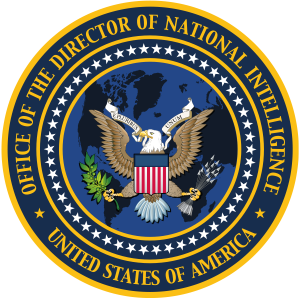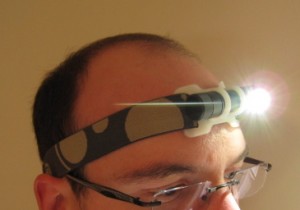Dell Reinstallation Disk Doesn’t Always Work
 I recently performed a system reinstall for an Arlington, VA customer. His Dell Inspiron 1720 came with a Reinstallation DVD for Windows Vista Business 32Bit. This is not the same as an installation disk from Microsoft because it can only be installed on a particular computer.
I recently performed a system reinstall for an Arlington, VA customer. His Dell Inspiron 1720 came with a Reinstallation DVD for Windows Vista Business 32Bit. This is not the same as an installation disk from Microsoft because it can only be installed on a particular computer.
But after Vista was reinstalled using the Reinstallation DVD, the computer would not fully boot. It just showed a mouse and a blank screen. Booting into Safe Mode showed that it was stuck on the crcdisk.sys file.
After researching, I determined that the problem was a common one. Apparently Dell does not include all the necessary SATA drivers in the Reinstallation DVD to allow a working reinstall. I had to go into the BIOS and change the SATA hard drive to use ATA instead of AHCI. This isn’t the default setting.
So if your reinstall doesn’t work, you could need to add additional drivers or change BIOS settings.


 The Washington Post writes
The Washington Post writes 